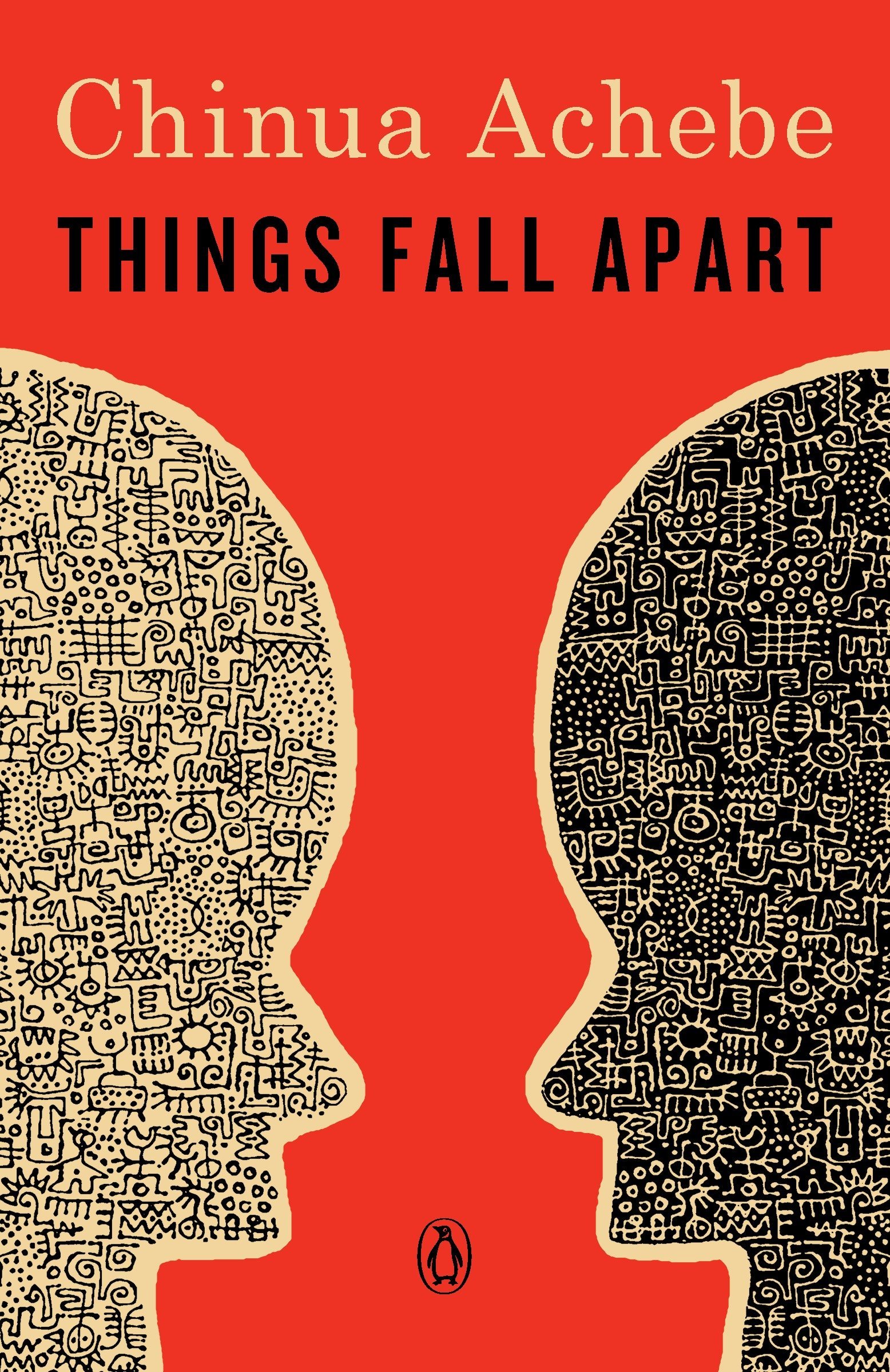The undergraduate concentration in Comparative Literature offers students the opportunity to design a program of study that works across languages, cultures, and media in a comparative and interdisciplinary context. The open, flexible nature of the concentration allows students to develop an individualized program of study that incorporates literary and cultural analysis in the exploration of any number of fields and disciplines both within and beyond the Humanities. Some students, for example, develop a curriculum in Literature and the Arts, linking the study of literature with film, music, theater, digital media, or creative writing.

Others design programs that connect literary study to contemporary concerns and disciplines beyond the Humanities, focusing their work on the relationship between Literature and Medicine, for example, or Literature and Law, or Literature and Ethics. Still other students find in the study of Comparative Literature a place for the comparative study of multiple literatures, World Literature, and translation, or the examination of aesthetics, philosophy, and literary and cultural theory. In short, the
undergraduate program in Comparative Literature provides an ideal home for students who wish to craft a comparative and interdisciplinary concentration that is embedded in the Humanities but has the potential to reach beyond.
Given the comparative nature of our program, the knowledge of more than one language and national literature is essential. Our students work in a multitude of languages—Hindi, French, Spanish, Chinese, Hebrew, Italian, Latin, Arabic, Swahili—to name but a few. We welcome work in any language in which a student has interest and is able to take minimally 3 courses in which they work in the original language. In cases where a student does not have the necessary linguistic competence to undertake literary study, we are happy to help make arrangements to acquire the necessary proficiency through continued course work or summer study.
Students with degrees in Comparative Literature develop habits of mind that serve them well in any number of professional endeavors. The ability to write well, to read critically, to argue analytically, and to speak eloquently, translates fluently to a variety of fields. Alumni have gone on to careers in a wide variety of fields, including academics, journalism, film, law, medicine, and business. Notable Lit alumni include A.O. Scott (1988), film critic for The New York Times; Kelefa Sanneh (1997), staff writer for The New Yorker; Elif Batuman (1999), author of The Possessed: Adventures with Russian Books and the People Who Read Them; Alexandra McCormack (2000), corporate lawyer with Skadden, Arps, Slate, Meagher & Flom in New York; B.J. Novak (2001), Actor, Wrtiter, Director, (The Office, Inglorious Basterds); Rasheed Sabar (2005), portfolio manager for the Ellington Management Group hedge fund; and Cara Eisenpress (2007), cookbook author (In the Small Kitchen: 100 Recipes from Our Year of Cooking in the Real World).
– Sandra Naddaff

Founded as a graduate program in 1904 and joining with the undergraduate Literature Concentration in 2007, Harvard’s Department of Comparative Literature operates at the crossroads of multilingualism, literary study, and media history.
© 2023 President and Fellows of Harvard College
Sign up to receive news and information about upcoming events, exhibitions, and more